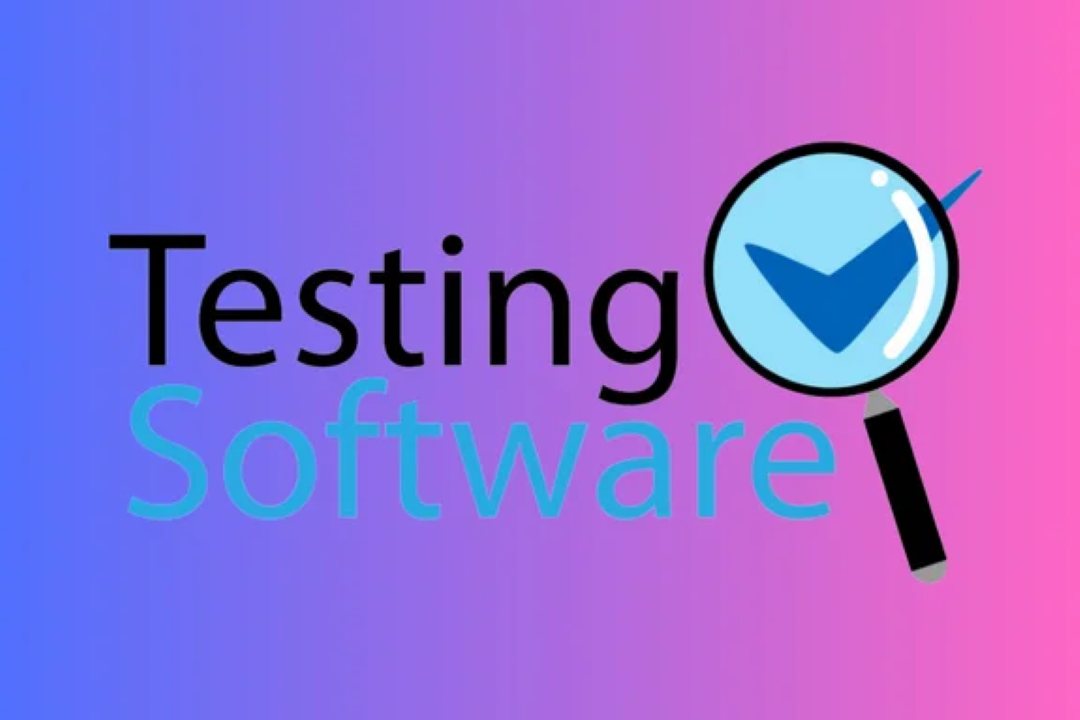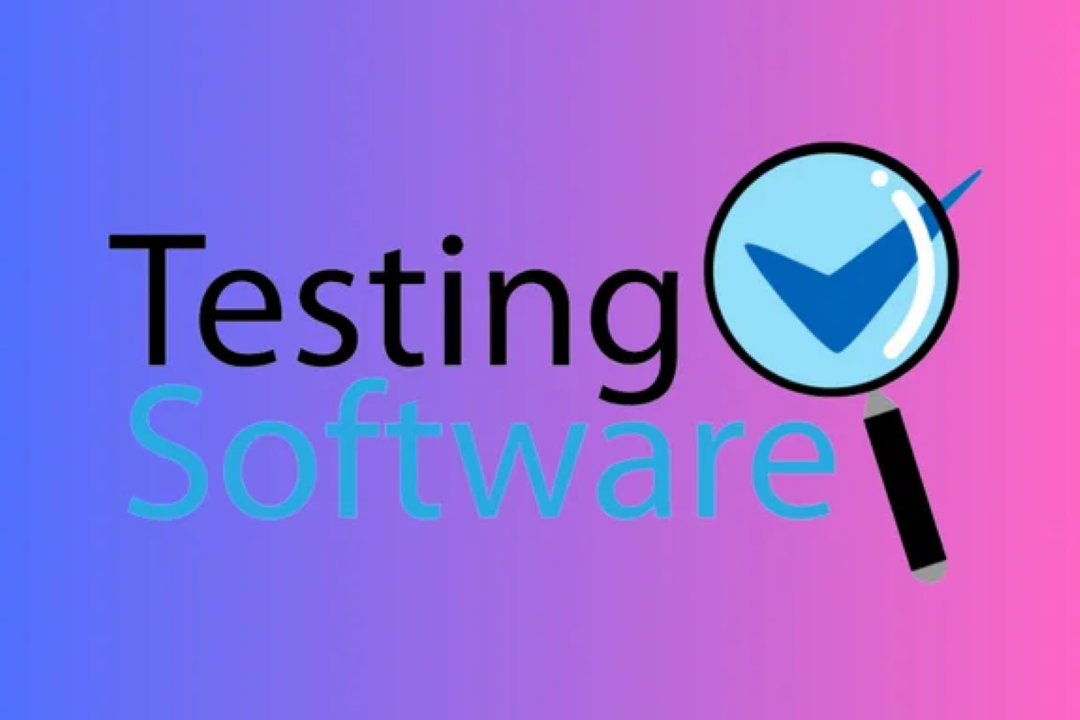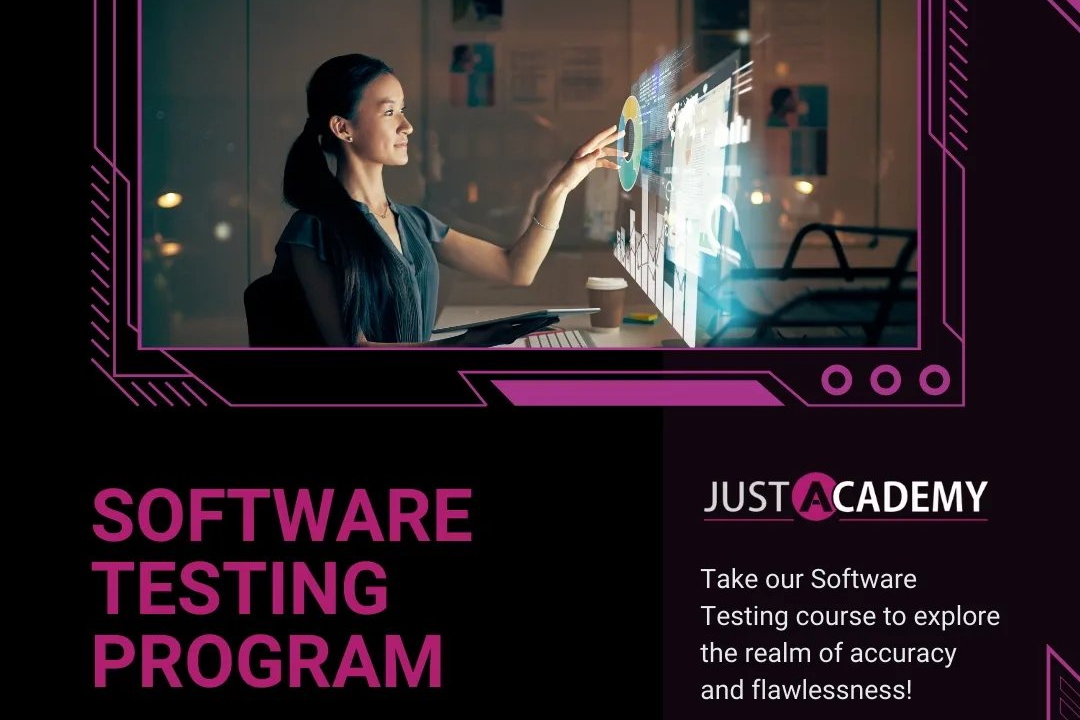Learn Manual Testing In 4 Days
"Learn Manual Testing in 4 Days" is an intensive certification program designed to equip participant
Learn Manual Testing In 4 Days
The “Learn Manual Testing in 4 Days” certification program is an essential course for aspiring software testers and quality assurance professionals. In an ever-evolving technology landscape, understanding manual testing is crucial for ensuring software reliability and user satisfaction. This intensive four-day training delivers hands-on experience with real-time projects, equipping participants with practical skills in test case creation, execution, and defect reporting. By mastering manual testing techniques, learners not only enhance their employability but also gain valuable insights into the software development lifecycle, making them integral to delivering high-quality software products.
To Download Our Brochure: https://www.justacademy.co/download-brochure-for-free
Message us for more information: +91 9987184296
The “Learn Manual Testing in 4 Days” certification program is an essential course for aspiring software testers and quality assurance professionals. In an ever evolving technology landscape, understanding manual testing is crucial for ensuring software reliability and user satisfaction. This intensive four day training delivers hands on experience with real time projects, equipping participants with practical skills in test case creation, execution, and defect reporting. By mastering manual testing techniques, learners not only enhance their employability but also gain valuable insights into the software development lifecycle, making them integral to delivering high quality software products.
Course Overview
The “Learn Manual Testing in 4 Days” course is designed for individuals seeking to gain a comprehensive understanding of manual testing fundamentals and practices. This intensive program covers essential topics such as the software development lifecycle, test planning, test case design, execution, and defect management. Participants will engage in hands-on projects that simulate real-world testing scenarios, enabling them to apply their knowledge practically. By the end of the course, learners will possess the skills necessary to effectively contribute to quality assurance processes, ensuring that software is reliable, user-friendly, and meets customer expectations.
Course Description
The “Learn Manual Testing in 4 Days” course offers a rapid yet comprehensive introduction to the fundamentals of manual testing. Designed for beginners, this course covers key concepts such as the software development lifecycle, test planning, test case development, execution, and defect management. Participants engage in hands-on projects that provide practical experience and insights into real-world testing scenarios. By the end of this intensive program, learners will be equipped with essential skills to effectively contribute to software quality assurance, ensuring products meet high standards of reliability and user satisfaction.
Key Features
1 - Comprehensive Tool Coverage: Provides hands-on training with a range of industry-standard testing tools, including Selenium, JIRA, LoadRunner, and TestRail.
2) Practical Exercises: Features real-world exercises and case studies to apply tools in various testing scenarios.
3) Interactive Learning: Includes interactive sessions with industry experts for personalized feedback and guidance.
4) Detailed Tutorials: Offers extensive tutorials and documentation on tool functionalities and best practices.
5) Advanced Techniques: Covers both fundamental and advanced techniques for using testing tools effectively.
6) Data Visualization: Integrates tools for visualizing test metrics and results, enhancing data interpretation and decision-making.
7) Tool Integration: Teaches how to integrate testing tools into the software development lifecycle for streamlined workflows.
8) Project-Based Learning: Focuses on project-based learning to build practical skills and create a portfolio of completed tasks.
9) Career Support: Provides resources and support for applying learned skills to real-world job scenarios, including resume building and interview preparation.
10) Up-to-Date Content: Ensures that course materials reflect the latest industry standards and tool updates.
Benefits of taking our course
Functional Tools
1 - TestRail: TestRail is a comprehensive test management tool that helps testers organize and manage test cases, plans, and runs. It enables teams to keep track of test results and workflows efficiently, making it easier to assess the quality of the software being tested. By utilizing TestRail during the course, students will learn how to create test plans, execute test cases, and generate reports that provide valuable insights into the testing process. Its integration capabilities with other testing tools enhance collaboration and streamline the testing workflow in real time projects.
2) JIRA: JIRA is a widely used project management tool designed for agile teams. In the context of manual testing, it facilitates issue tracking and bug reporting. By incorporating JIRA into the curriculum, students will gain practical experience in logging defects, prioritizing issues, and managing the overall workflow of testing activities. They will learn how to link test cases with their respective issues, ensuring a clear traceability that is essential for rigorous testing processes. Understanding JIRA's functionality will prepare students well for real world testing environments.
3) Postman: Postman is an API testing tool that simplifies the process of testing APIs efficiently. As testing APIs becomes increasingly important, this tool enables students to create test scripts and automate their testing workflows. During the training, participants will learn how to send different types of requests, validate responses, and analyze API behavior through automated and manual testing methods. Exposure to Postman equips them with the skills needed to handle modern software applications where API integration is vital, thus enhancing their overall testing skill set.
4) Selenium IDE: Selenium IDE is a browser extension that allows for the easy recording and playback of browser interactions, enabling students to create automated test scripts while they learn. By exploring this tool, participants can gain insight into how automation works within manual testing frameworks. They will be trained to design and run tests, which helps solidify their understanding of basic testing concepts. The hands on experience with Selenium IDE enables them to appreciate the differences and synergies between manual and automated testing approaches.
5) Bugzilla: Bugzilla is an open source bug tracking tool that offers a robust platform for reporting and managing software bugs. Students will learn how to use Bugzilla effectively to document and prioritize bugs, ensuring that they contribute to the improvement of the software quality. This familiarization with Bugzilla will provide them with essential skills for tracking defects and collaborating with development teams. Through practical exercises, learners will understand the importance of accurate bug reporting and its impact on the overall software development lifecycle.
6) Microsoft Excel: Microsoft Excel serves as a vital tool for organizing and analyzing test data. In the “Learn Manual Testing in 4 Days” course, students will use Excel for various activities, including organizing test cases, tracking defects, and analyzing results. The skills acquired in using Excel for manual testing tasks, such as data validation and reporting, are crucial for effective test management. This practical experience will allow participants to streamline their testing processes and gain insights from the data they gather, enhancing their analytical skills in the context of software quality assurance.
7) TestRail API Integration: Understanding how to utilize TestRail's API for custom integrations is a valuable skill. Students will learn how to connect TestRail with other tools used in the software development lifecycle, allowing for seamless data exchange. This knowledge will empower them to automate reporting processes, synchronize test activities, and enhance collaboration across teams, resulting in improved efficiency.
8) Behavior Driven Development (BDD): BDD is an agile software development practice that encourages collaboration between developers, testers, and non technical stakeholders. In this course, students will explore how to write clear and concise acceptance criteria and create test scenarios using tools like Cucumber or Gherkin language. This approach enhances communication within teams and enables testers to focus on the expected outcomes, providing direct business value.
9) Test Case Design Techniques: Various test case design techniques such as boundary value analysis, equivalence partitioning, and decision table testing will be covered. These methodologies help in crafting effective test cases that maximize test coverage while minimizing redundancy. Students will gain hands on experience in applying these techniques, allowing them to approach testing systematically and efficiently.
10) Agile Methodologies: Knowledge of Agile methodologies, including Scrum and Kanban, is essential for modern testing environments. Students will learn how testing fits into Agile frameworks and how to participate in sprints, retrospectives, and daily stand ups. This understanding will prepare them to collaborate effectively with cross functional teams and adapt to fast paced development cycles.
11 - Exploratory Testing Skills: The course will emphasize the importance of exploratory testing as a complement to scripted testing. Students will learn techniques for performing exploratory tests, utilizing their creativity and critical thinking to uncover hidden issues. This hands on approach will strengthen their problem solving skills and make them valuable assets in identifying edge cases that automated tests may overlook.
12) Performance Testing Basics: Performance testing is essential to ensure that applications can handle expected loads. Students will be introduced to the fundamentals of performance testing, including concepts like load, stress, and scalability testing. They will gain experience with popular tools such as JMeter or LoadRunner, enabling them to assess application performance and contribute to delivering high quality software.
13) Mobile Testing: With the increasing use of mobile applications, understanding mobile testing is crucial. This course will cover the unique challenges associated with mobile testing, including different devices, operating systems, and network conditions. Students will learn best practices for testing mobile applications and explore tools designed specifically for mobile testing, fostering their ability to ensure a seamless user experience.
14) Defect Life Cycle: A deep dive into the defect life cycle is vital for effective testing. Students will learn the various stages a defect goes through, from discovery to resolution. Understanding the life cycle will help them manage defect tracking efficiently and ensure timely closure of reported issues, solidifying their role as effective quality assurance professionals.
15) Collaboration and Communication Skills: Effective communication is critical in testing environments. The course will include modules that focus on verbal and written communication skills required for bug reporting and stakeholder interactions. Students will practice presenting their findings and collaborating with different teams, enhancing their ability to articulate testing results and advocate for quality.
16) Version Control Basics: Familiarity with version control systems like Git is increasingly relevant for testers. During the course, students will gain an understanding of how to manage changes to scripts and documents effectively. They will learn basic commands, enabling them to collaborate with development teams seamlessly and maintain accurate records of testing artifacts.
17) Real World Case Studies: Incorporating case studies from real world testing scenarios enables students to connect theory with practice. They will analyze how various testing strategies were applied in different industries and learn from successful projects and missteps, equipping them with insights to face future challenges in testing.
These additional points will further enhance the comprehensive nature of the “Learn Manual Testing in 4 Days” course, providing valuable skills and knowledge that will prepare students for success in their testing careers.
Browse our course links : https://www.justacademy.co/all-courses
To Join our FREE DEMO Session:
This information is sourced from JustAcademy
Contact Info:
Roshan Chaturvedi
Message us on Whatsapp: +91 9987184296
Email id: info@justacademy.co
Android App Development Course Beginners









